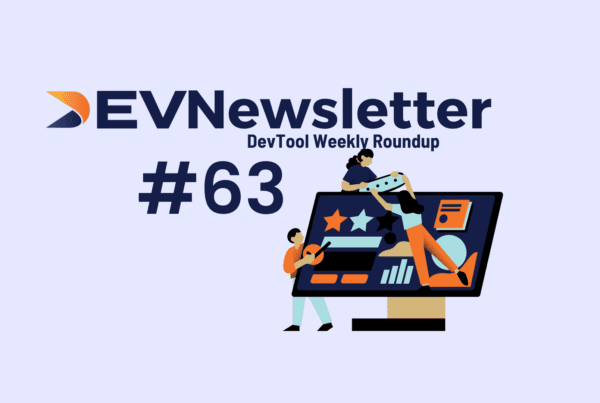It was evident at last week’s DevRelCon that Developer Relations (DevRel) programs are crucial for fostering strong developer communities and promoting your product or platform as a DevTool creator. Furthermore, a critical aspect of success revolves around understanding whether you are a Developer First (DevFirst) company or a Developer Plus (DevPlus) company.
This categorization plays a pivotal role in shaping a company’s Developer Relations (DevRel) teams and their strategies. Let’s explore these concepts and their implications.
Developer First Companies
Developer First companies have a core focus on creating and selling products tailored specifically for developers, often referred to as Business to Developer (B2D). Examples include industry giants like Twilio, Stripe, MongoDB, Arduino, Unity, and PerceptiLabs.
These companies are dedicated to serving the developer community, providing a great experience for developers, and therefore their entire business model revolves around meeting developers’ needs.
For DevRel professionals in such companies, life tends to be more straightforward. Their mission aligns with the company’s core purpose of building developer tools. Challenges typically arise from internal communication hurdles or disagreements on strategies rather than questioning the need for a DevRel team.
To recap – DevFirst companies:-
- Focus on being community-centric through actively engaging with developers, providing valuable resources and fostering a sense of belonging within the community
- Promote technical expertise across the DevRel team to be able to offer technical content, coding examples and technical support
- Encourage open source contributions to showcase a commitment to collaboration and to allow developers to have a direct impact on the product
Developer Plus Companies
Developer Plus companies, on the other hand, primarily focus on creating and selling products for businesses (B2B) or consumers (B2C). They may offer products or services to developers as part of a broader strategy, aiming to extend market reach, explore new use cases, foster innovation, or optimize existing products.
They still focus on developers, but they also consider additional aspects such as business interests’ and broader customer engagement. This approach aims to provide value to developers while aligning with the company’s strategic goals.
Prominent examples encompass Qualcomm, Apple, Ford, Santander, Microsoft, Salesforce, Amazon, and Google. In fact, according to the 2020 State of Developer Relations report, 68% of companies consider their DevRel teams to be Developer Plus.
In these companies, DevRel professionals face the challenge of demonstrating the value of their efforts, as developer relations might not be at the core of the business. Educating stakeholders and linking DevRel activities to the company’s broader objectives becomes crucial. It’s about making the case that investments in DevRel yield substantial returns.
To recap – DevPlus companies:-
- Focus on business alignment ensuring that the community that DevRel teams foster are also converted into customers or advocates who promote the product’s value
- Promote metrics and KPIs to tracks and measure the impact of DevRel efforts on the bottom line
- Encourage sales enablement within the DevRel team by getting them to work closely with the sales team, providing technical support and bridging the gap between developers and decision makers
Key Takeaways for DevRel Professionals
- Alignment with Company Focus: Understand your company’s core focus – DevFirst or DevPlus – and tailor your DevRel strategy accordingly.
- Communication and Education: In DevPlus companies, prioritize internal communication and educate stakeholders about the significance of DevRel in achieving company goals.
- Connecting the Dots: Establish a clear link between your DevRel efforts and the company’s broader objectives, showcasing the value your team brings.
- Adaptability in Multinational Businesses: In larger, multinational corporations, be prepared for additional challenges. Nurture an open, collaborative, and entrepreneurial culture to foster successful DevRel efforts.
In conclusion, whether your company is a DevFirst or DevPlus organization significantly impacts how DevRel teams operate. Recognizing this distinction and adapting your strategies accordingly is vital for success in the ever-expanding (and often complex) world of developer relations.



